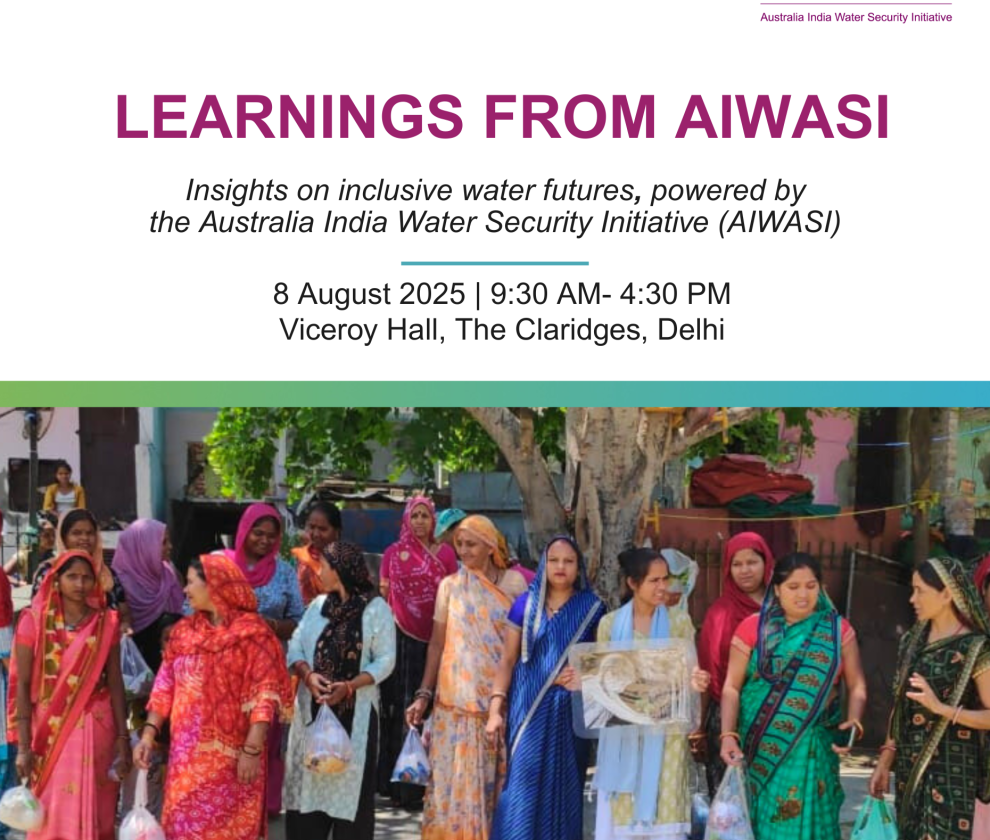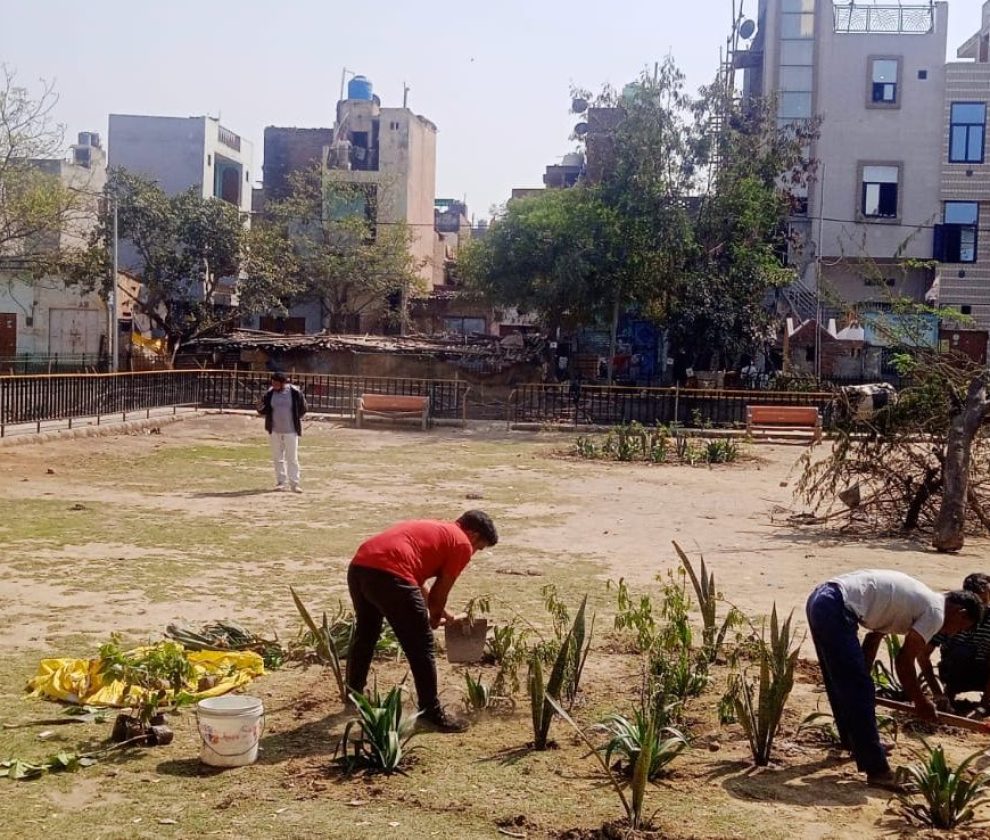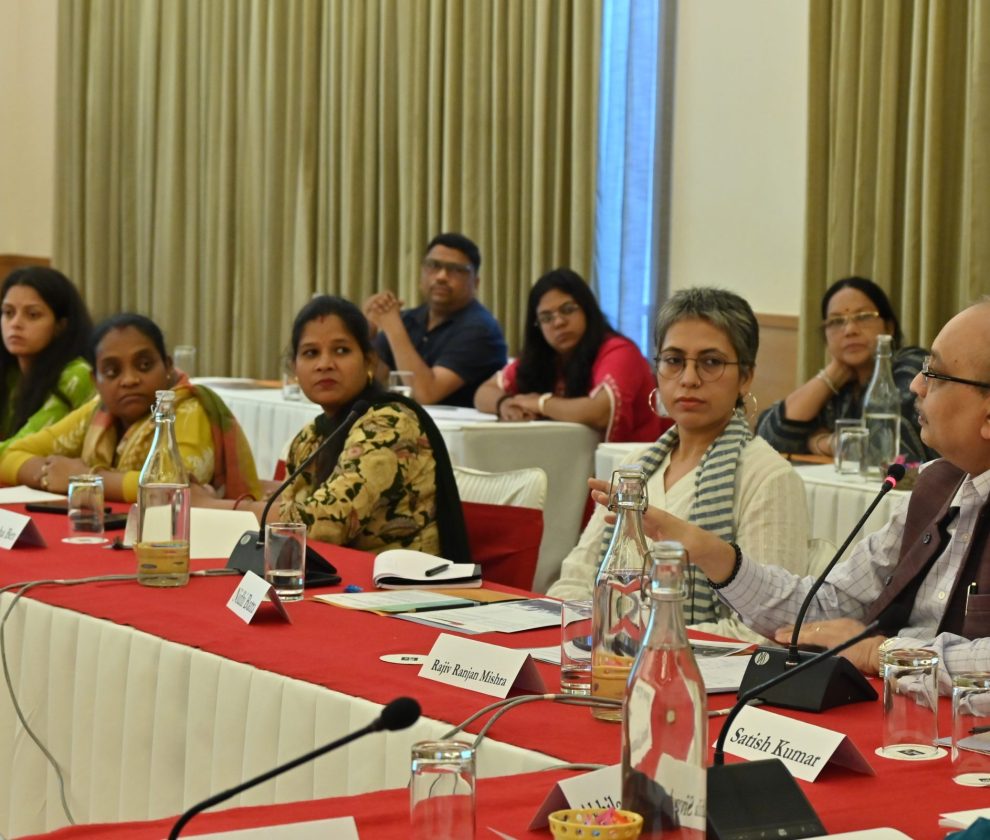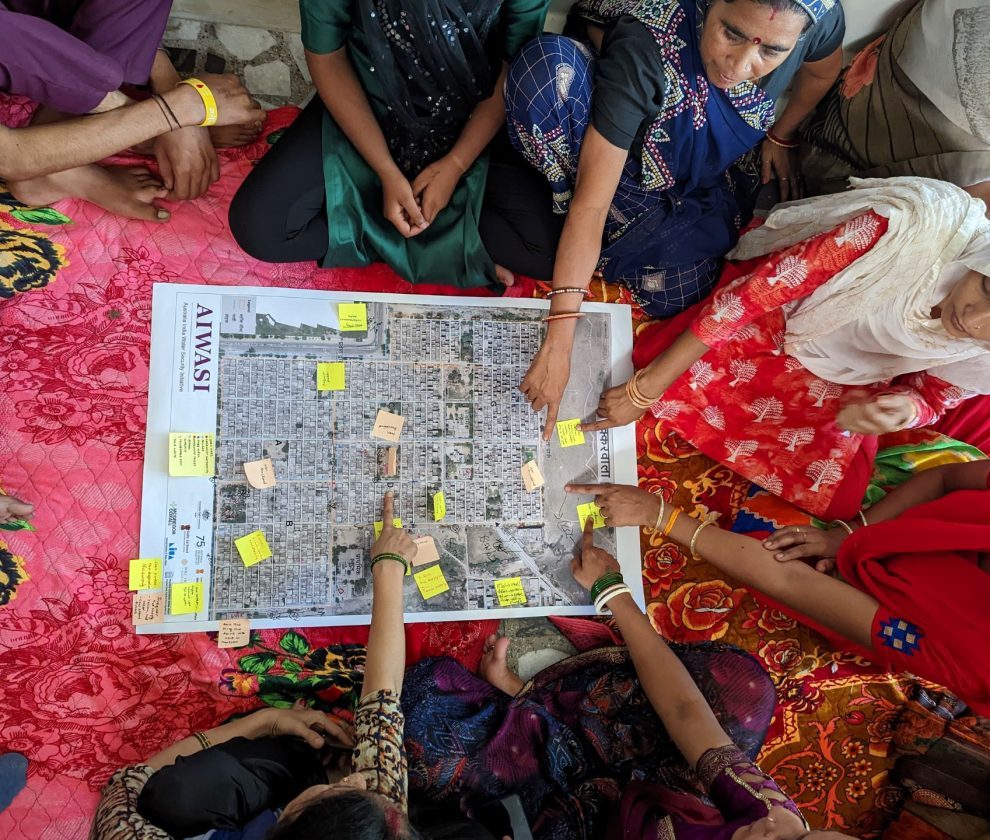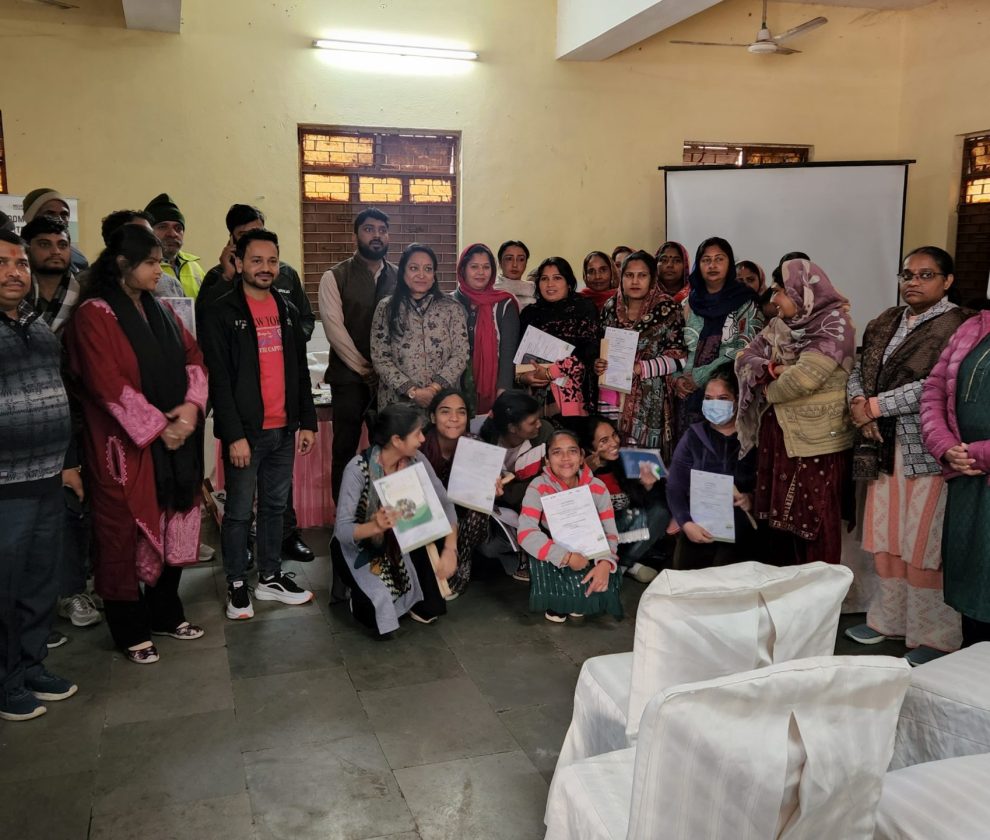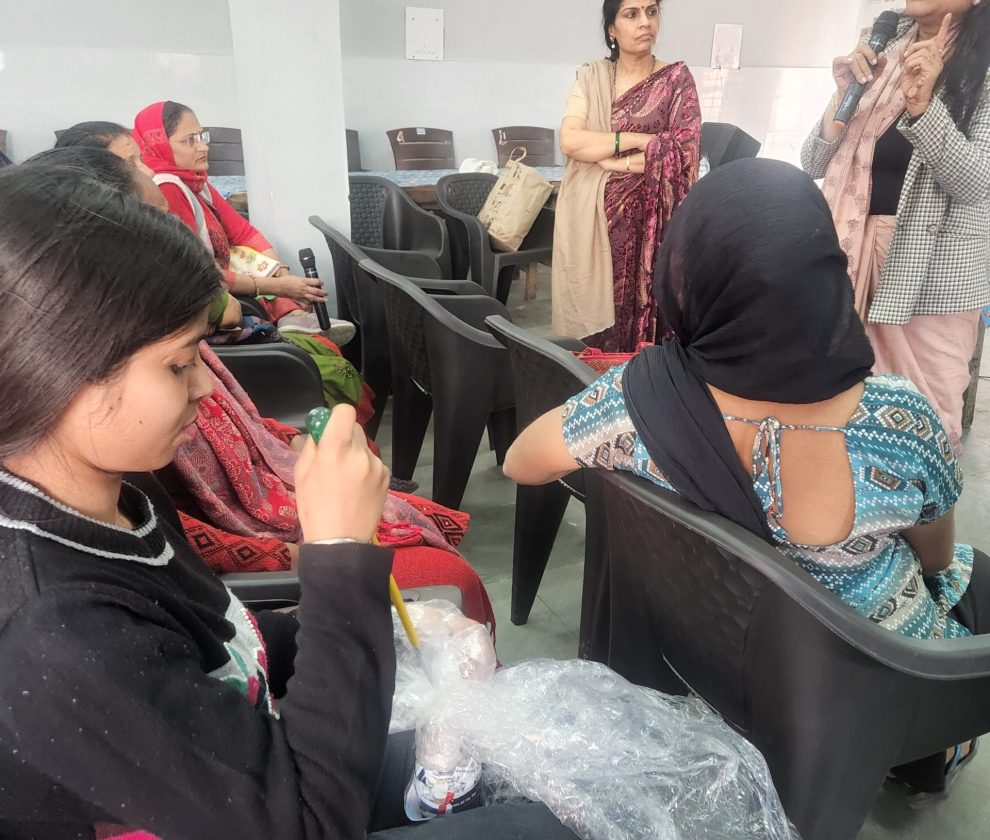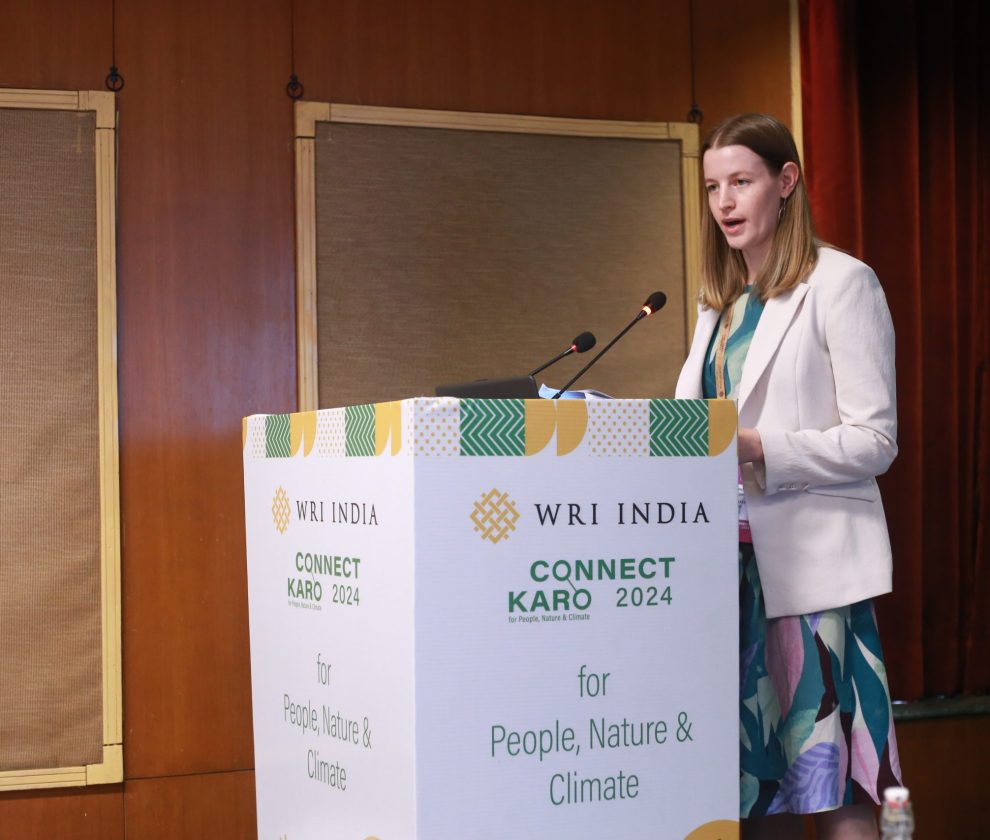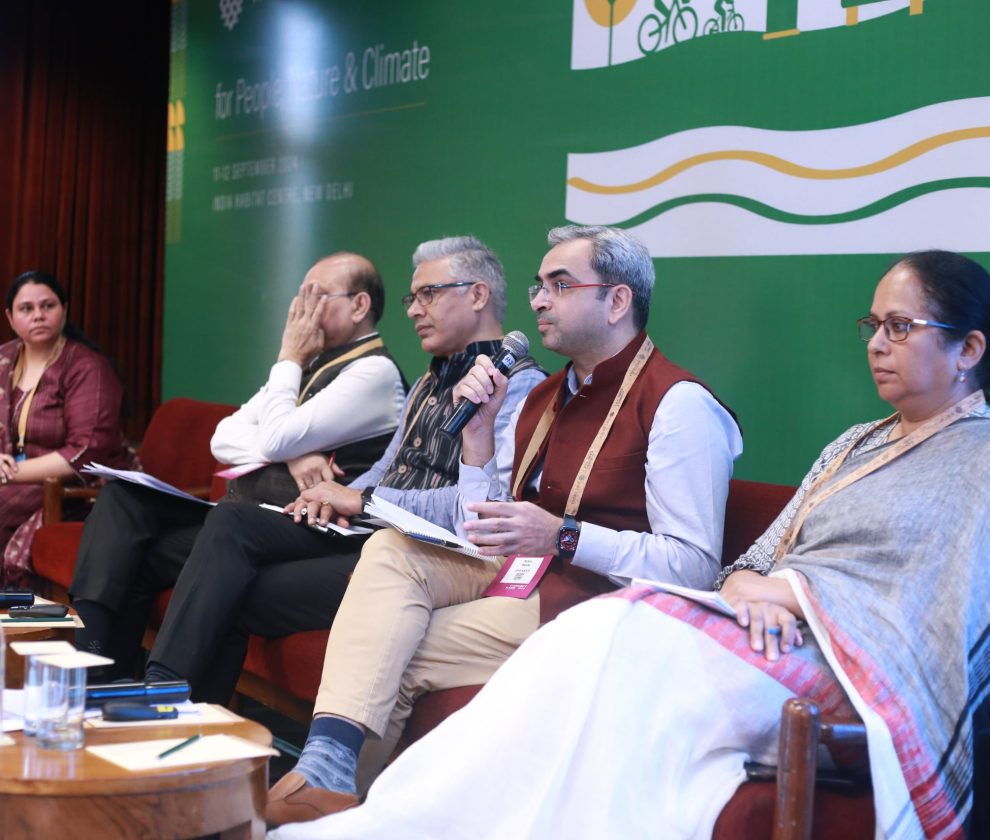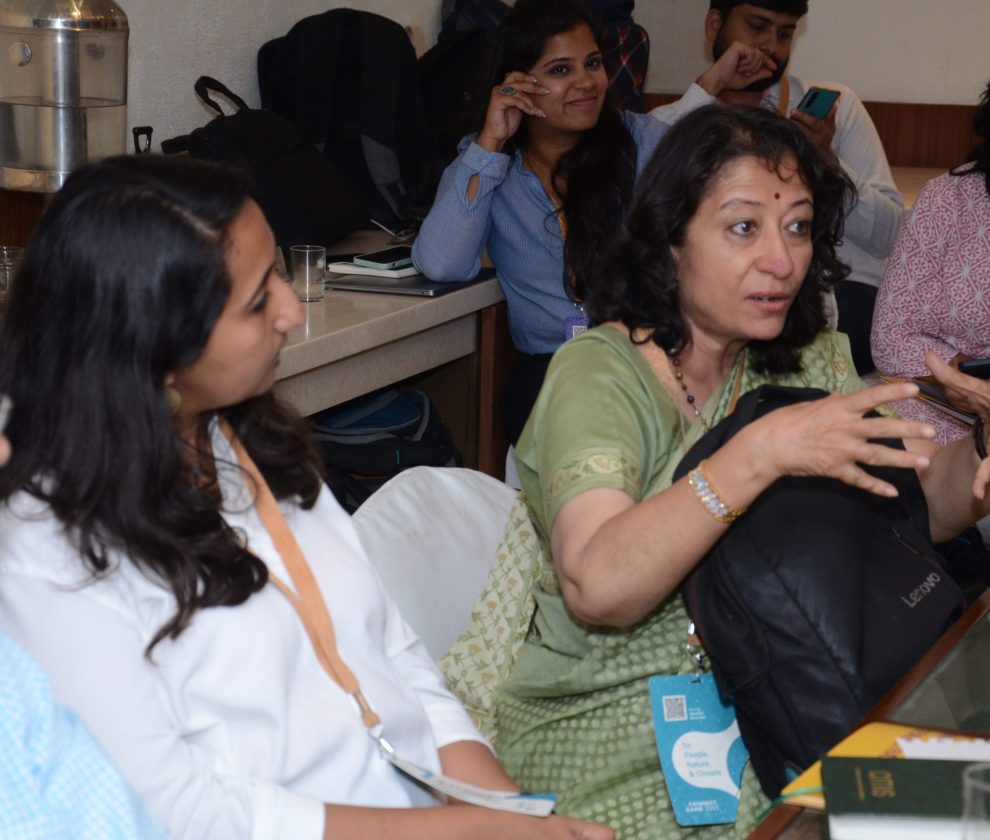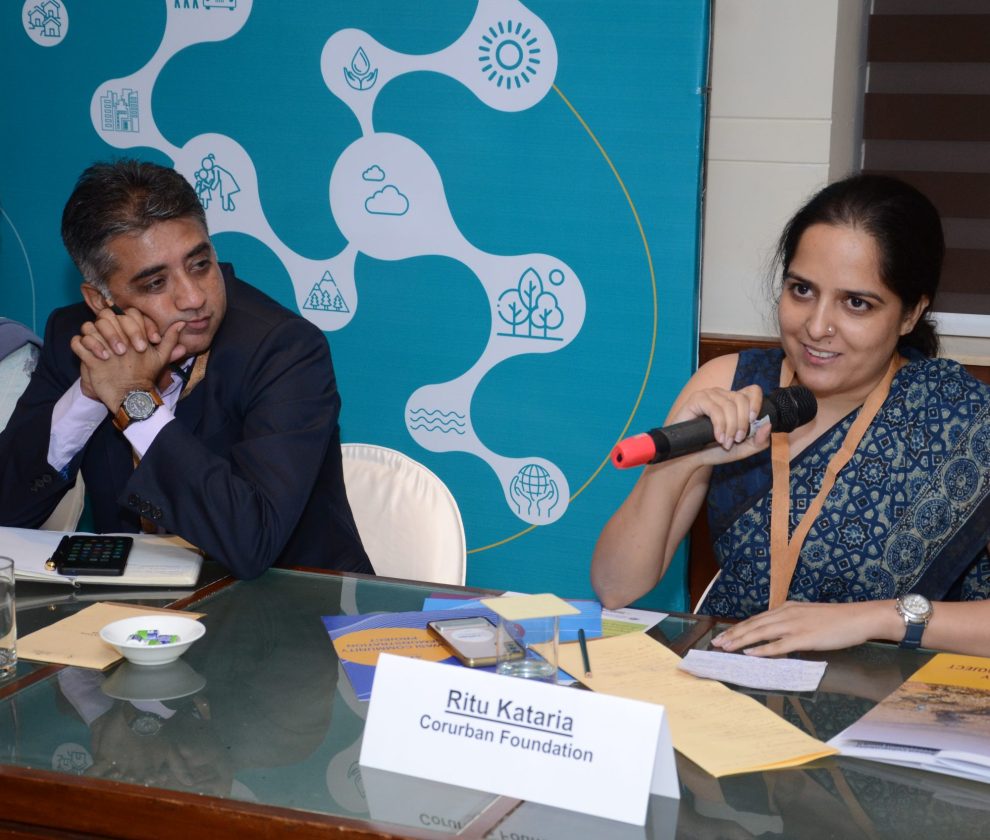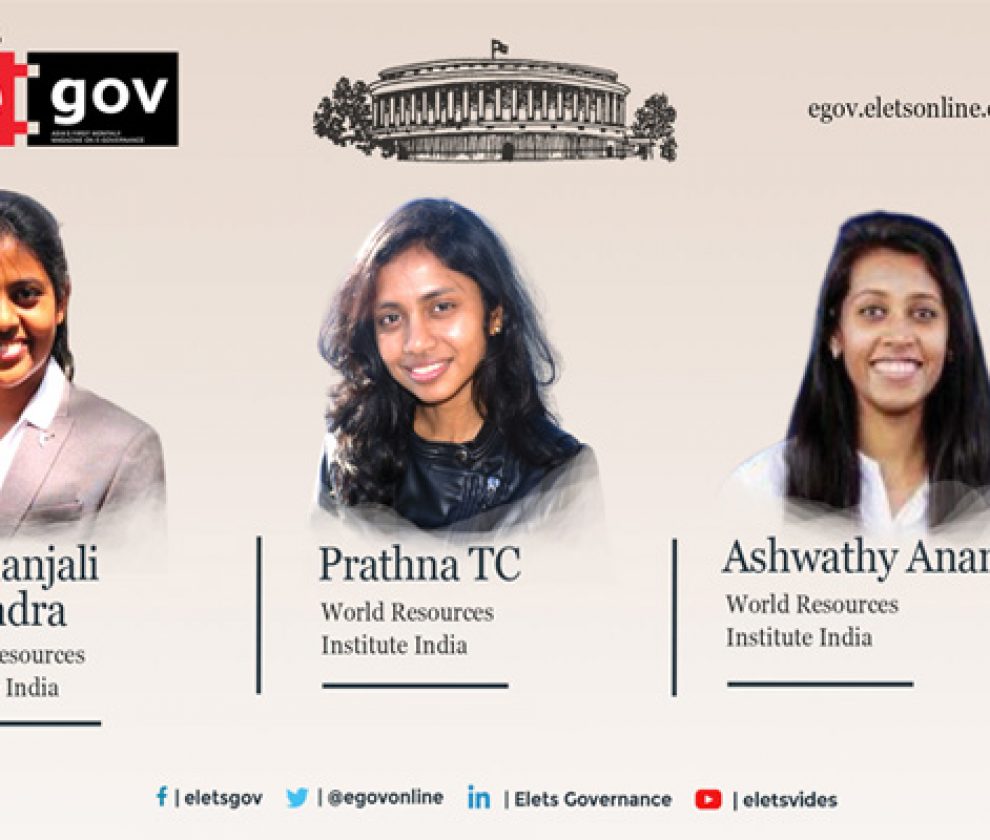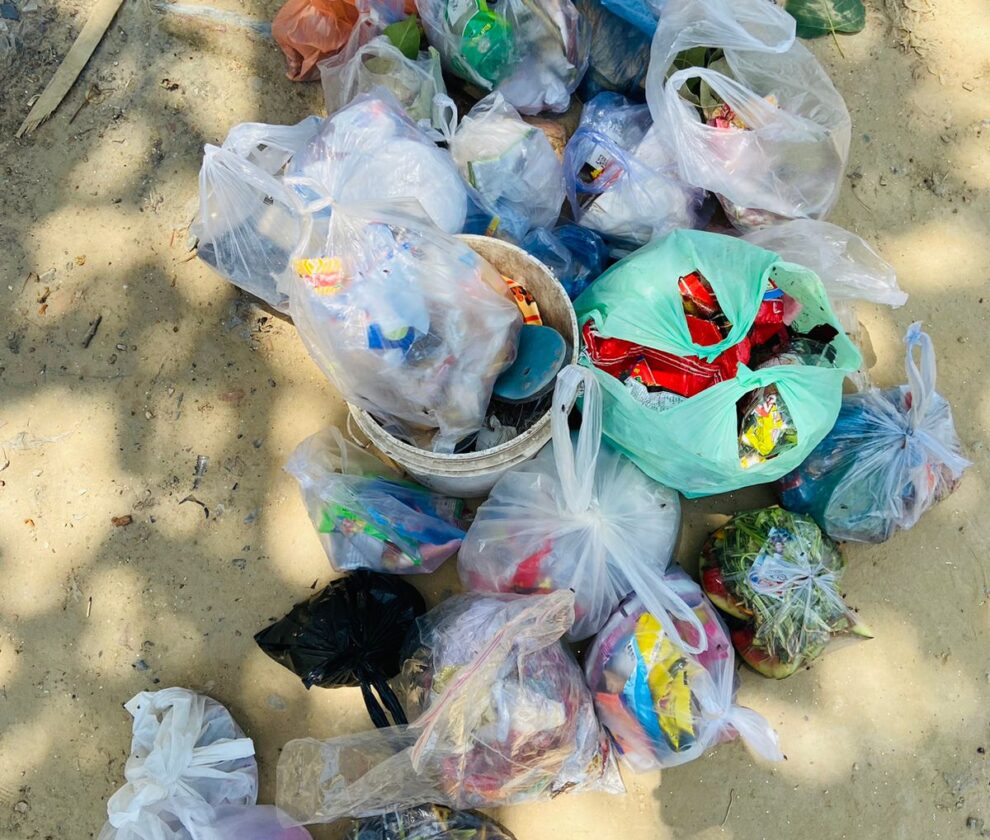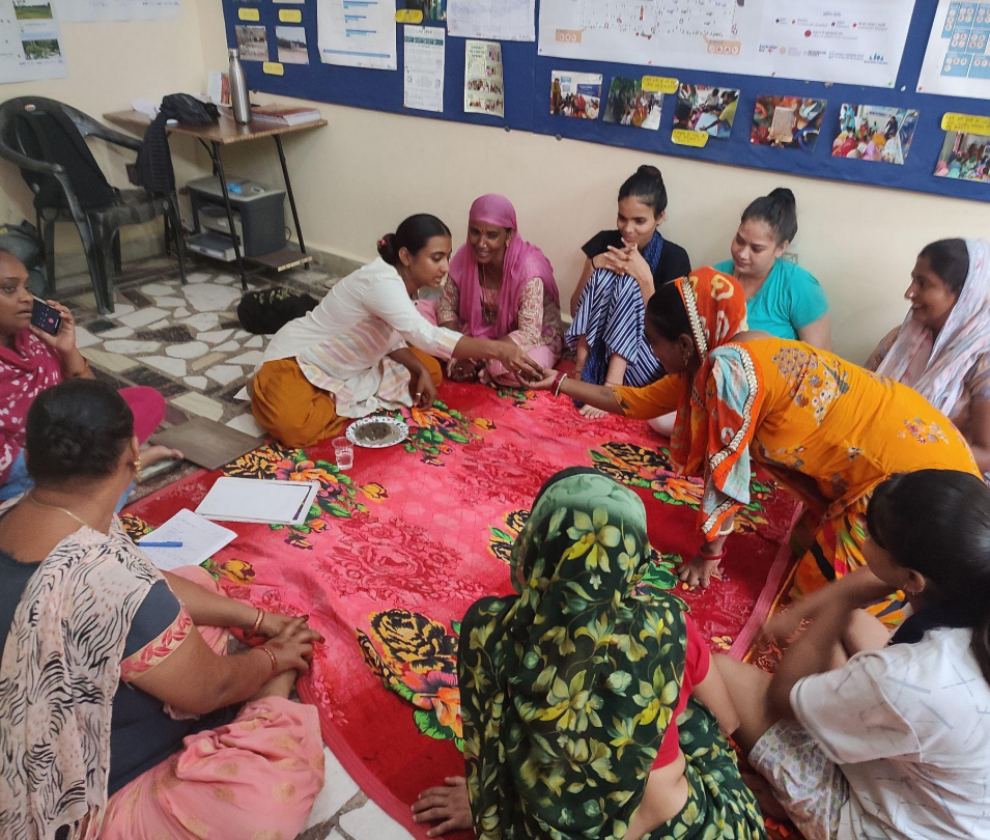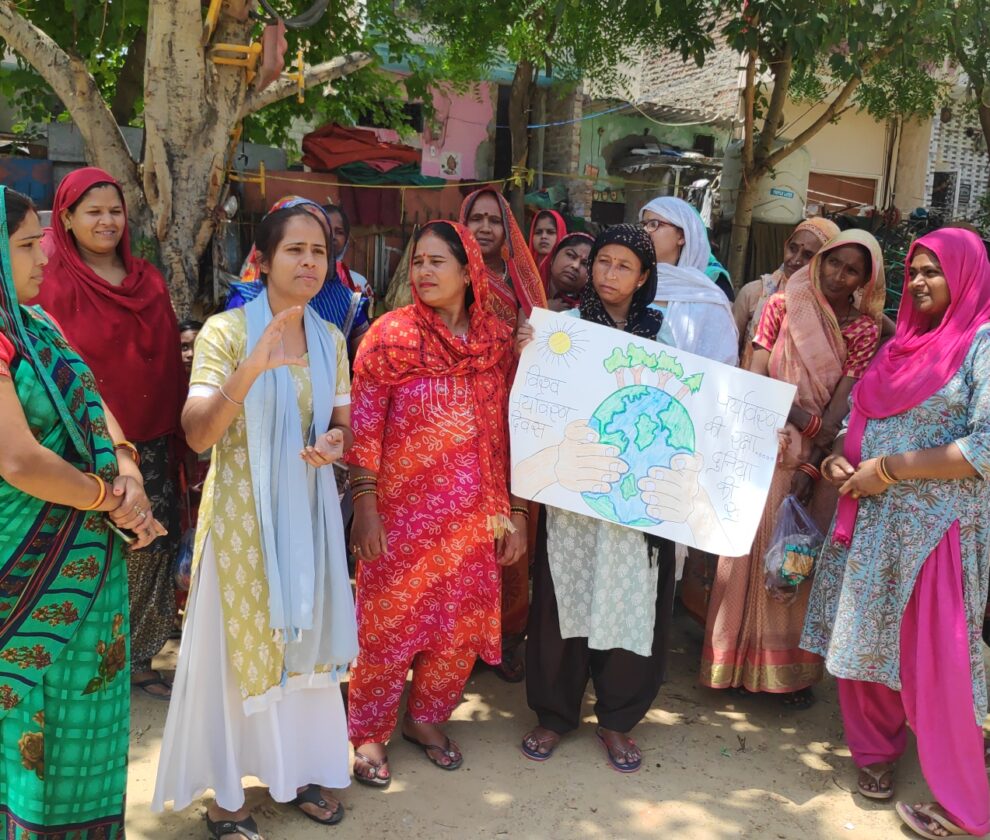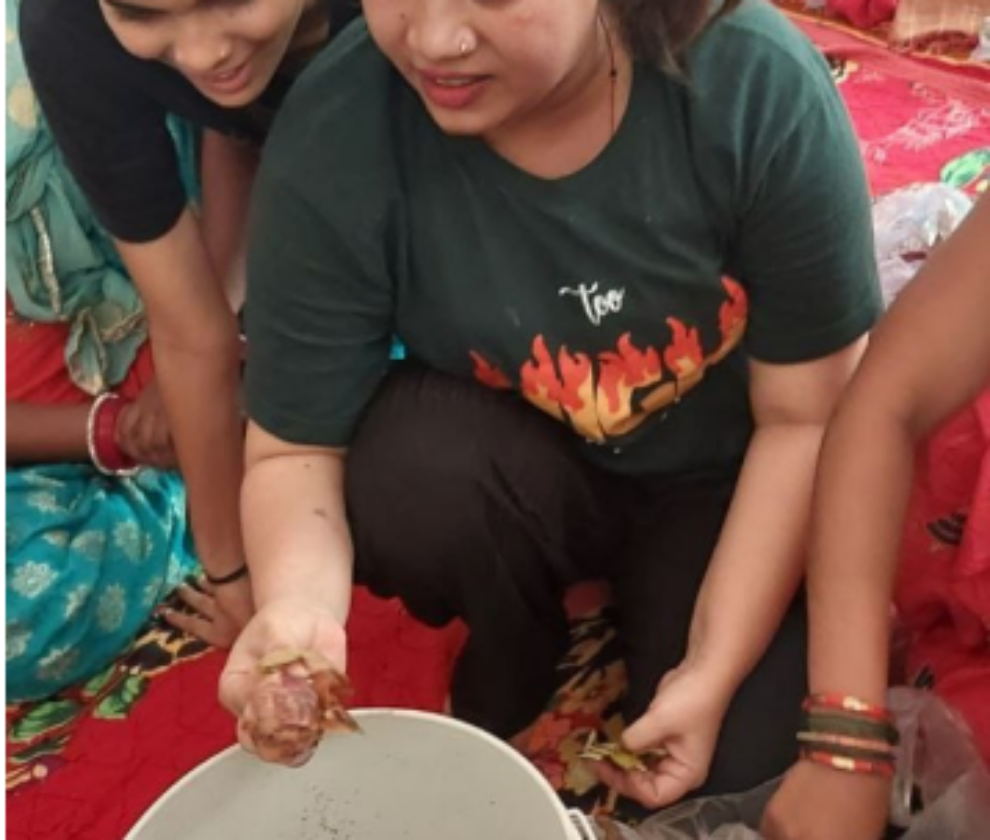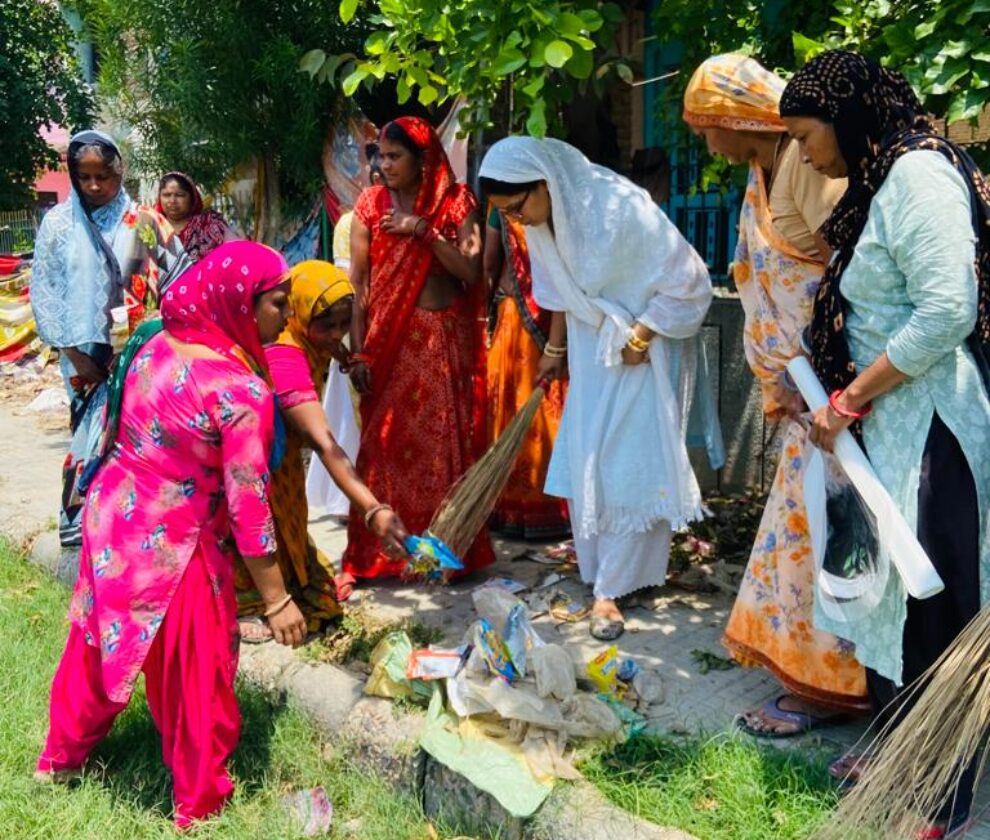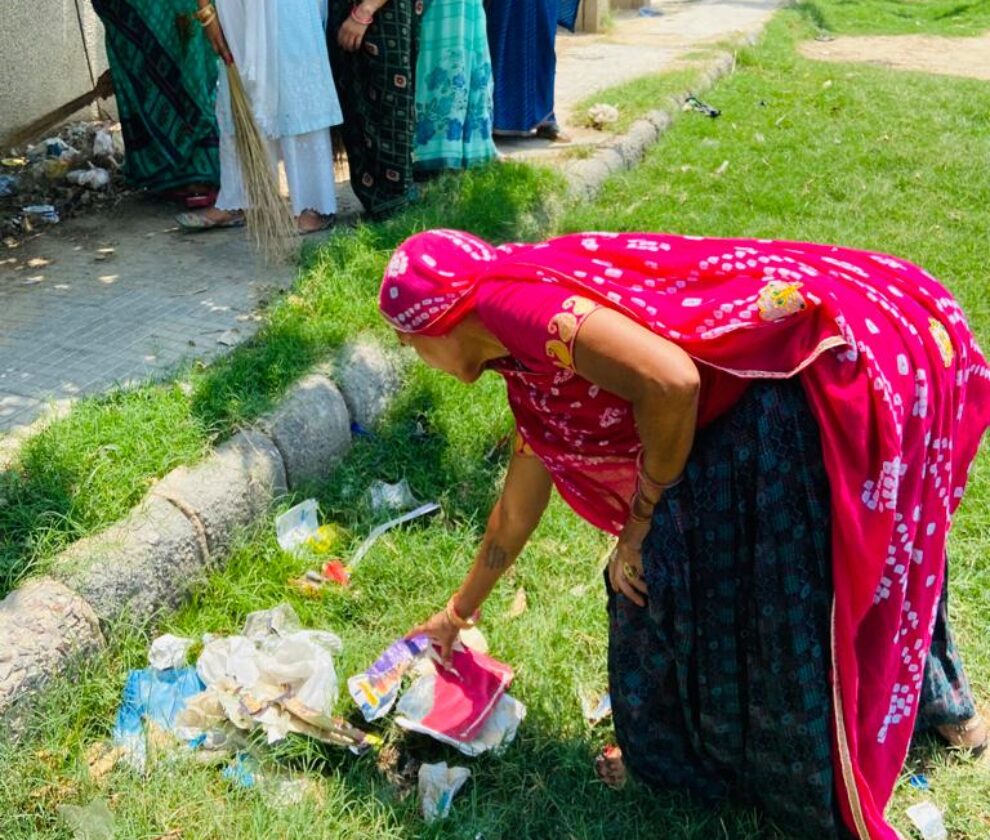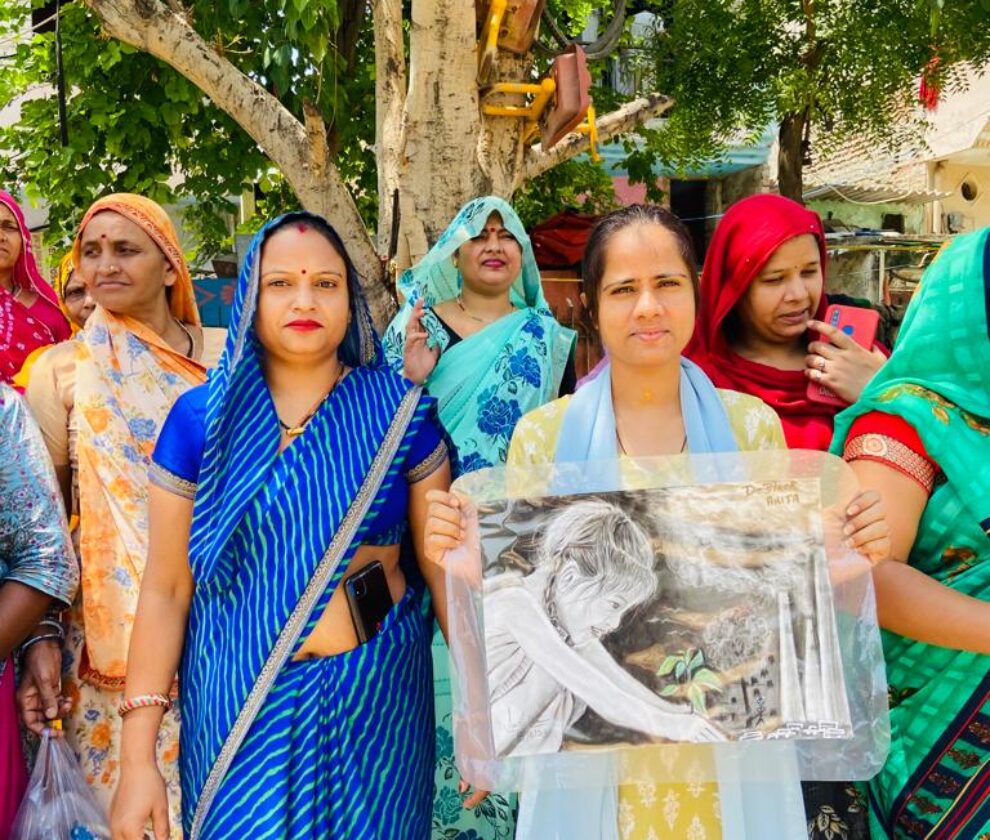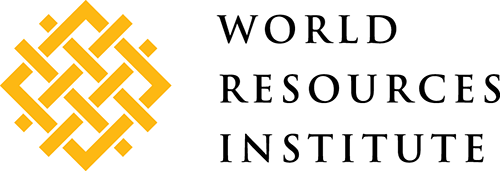




Improving Water Security for Disadvantaged Communities
with a Water Sensitive City Vision
Australia-India Water Security Initiative (AIWASI)
Community Demonstration Project (CDP)
Adapting Water Sensitive Cities Vision
Empowering Children as Water Ambassadors
The Australia-India Water Security Initiative Community Demonstration Project (AIWASI CDP) aims to improve water security and liveability conditions for two disadvantaged communities in Delhi in line with Water Sensitive City (WSC) and Gender Equality, Disability and Social Inclusion (GEDSI) principles.
This initiative, with its focus on women and girls, involves Demonstration of community-level vision, priorities and plans. It offers joint accountability mechanisms and implementation of Water Sensitive Urban Design (WSUD) pilot Demonstration projects through participatory decision-making processes involving all major stakeholders.
The project is a ‘living laboratory’ that will showcase sustainable triple bottom line outcomes – environment, social amenity, security and well-being, and economics.

Ambition
Why Water Sensitive Urban Design (WSUD)?
Water Sensitive Urban Design (WSUD) is an approach to planning and designing urban areas to manage the water balance, enhance water quality, conserve water (rainwater and stormwater) and recycle water.

Circular and Innovative Close-loop Systems

Circular and Innovative Close-loop Systems

Enhance Blue-Green Habitats and Biodiversity

Inclusive and Healthy Place-making
Playgrounds, urban greens and drainfront demonstration

Microclimate Control
Urban forests, reilded streets and parks

Urban Water Resilience

Economically Productive Landscapes
AIWASI CDP as a Living Laboratory
Location
Delhi is known as the ‘city of mini cities’ with various layers added over time. Today, when we look at Delhi with an urban lens, it comprises various typologies of housing settlements each having a unique character, role and issue. The challenges posed by exponential increase in urbanization, climate change and weak water infrastructure greatly impacts the informal and low-income settlements. Such settlements also face water logging and unhealthy spaces.
The draft Master Plan for Delhi (2021 to 2041) recommends an integrated water management approach that includes demonstration of water supply, sewerage and drainage sectors. AIWASI CDP can help Delhi come closer to achieving urban water resilience.
The two sites for project demonstration are Bakkarwala Resettlement Colony and Mubarakpur Dabas.
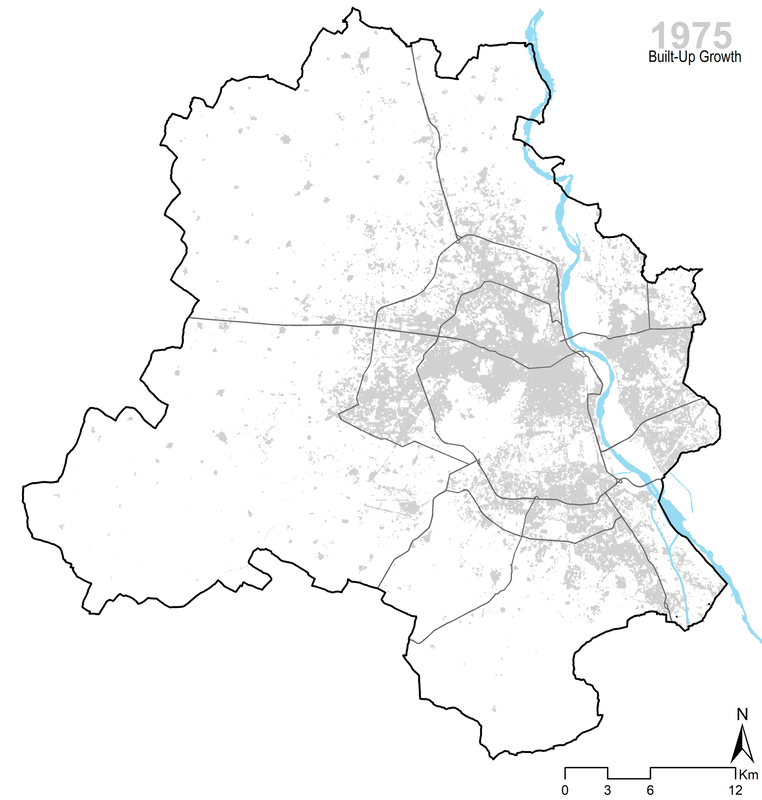
About the Partnership
The World Resources Institute (WRI) is the Lead Organisation, with three primary consortium partners supporting WRI in the delivery of the project. The primary consortium partners include McGregor Coxall (McGC), National Institute of Urban Affairs (NIUA) and Mahila Housing SEWA Trust (MHT) India. The consortium has extensive project experience in India, Australia and globally, and is equipped with state-of-the-practice knowledge, institutional and governance, capacity building strengths, and expertise in the design and delivery of WSUD projects.



